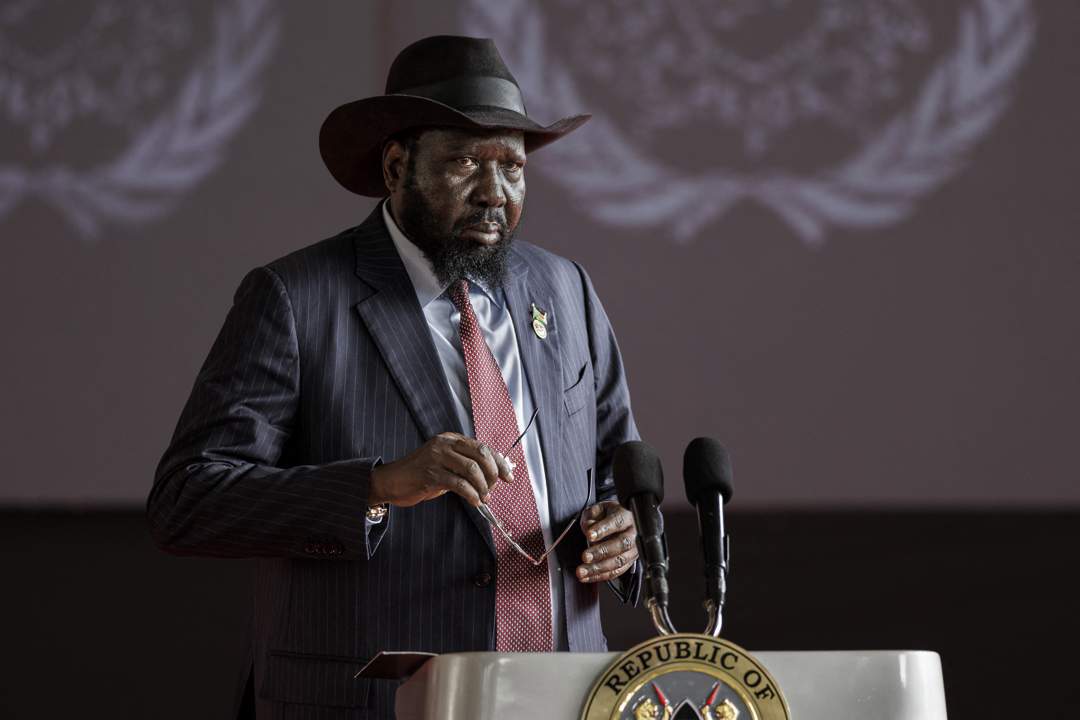South Sudan has officially declared the Nairobi-led Tumaini Peace Initiative defunct, bringing to an end a process that had aimed to revive stalled negotiations but was increasingly viewed with suspicion by Juba.
The pronouncement, made on Friday, August 1, 2025, in Nairobi, comes months after the initiative was quietly suspended amid growing tensions between the South Sudanese government and newly incorporated opposition groups.
Speaking on behalf of Juba’s delegation, Presidential Advisor Kuol Manyang Juuk said the Tumaini process had strayed from its original intent and attempted to override the Revitalized Agreement on the Resolution of the Conflict in South Sudan (R-ARCSS), which remains the only legitimate peace framework.
“The R-ARCSS has not been dissolved, so it cannot be replaced by the Tumaini,” Juuk asserted. He criticised the Tumaini framework for recycling 80 percent of R-ARCSS content while introducing controversial elements that lacked consensus.
Initiated in December 2023 at the request of President Salva Kiir and facilitated by Kenya, Tumaini sought to bring new actors including the United People’s Alliance into the peace fold. But Juba now claims the initiative only served to legitimize rebellion, undermine the 2018 agreement, and promote structures that threatened constitutional order.
“They wanted Tumaini to take over and present themselves as the new authority,” Juuk said, referring to former government officials now aligned with opposition groups.
Juuk also rejected the proposal to form a Leadership Council as the top organ of government under Tumaini, calling it a “coup in another name” and warning that such concessions would set a dangerous precedent. He further questioned the financial credibility of opposition figures living abroad, accusing them of acquiring luxury properties possibly using public funds looted during their time in office.
According to Juuk, the South Sudanese government has raised formal concerns with Nairobi, particularly over reports that the United People’s Alliance was allowed to establish a military wing while based in Kenya an act he says contradicts the norms of the East African Community (EAC). “You cannot create military threats from within a neighbour’s borders,” he warned.
The Tumaini talks, which had been seen as President William Ruto’s bold diplomatic intervention after delays in the Italy-based Sant’Egidio negotiations, were adjourned for a third time on February 7, 2025, without reaching a deal. Juba’s declaration now effectively ends the initiative, with Juuk concluding: “Tumaini is dead.”
The collapse underscores the fragility of South Sudan’s peace efforts and the challenge of balancing inclusive dialogue with respect for existing agreements.

